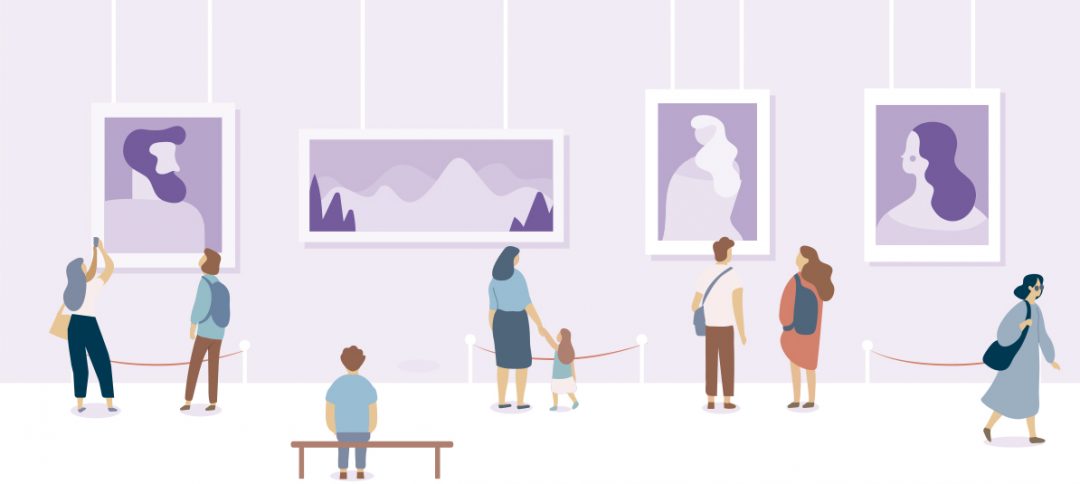Eight months ago, the coronavirus forced Spanish students to continue their studies from home due to the closure of schools. Thus distance learning appeared overnight in the lives of children, teens and teachers with varying results but, in most cases, a shared impression: that of being at the forefront of a great opportunity which, nevertheless, was not well planned.
“Emergency remote teaching”
This sudden leap from face-to-face to virtual education is known as “emergency remote teaching-learning” which in actual fact is very far from true online education. Hence the frequent bittersweet taste of the experience during lockdown.
Little digital training in classrooms
The pandemic did not leave much room for planning, but the truth is, according to the study “COVID-19 and education: problems, answers and scenarios”, published by the COTEC Foundation last May, we were already starting from a shaky situation: “only 50 percent of educational centers in Spain have the skills and professional resources to learn how to integrate digital devices in teaching-learning”.
There are no excuses
There are now no possible excuses. Education at a Glance, an OECD study that reflects the main repercussions of the pandemic on education, speaks of the need to reinvent the way we teach, to provide teachers with online education, to commit to linking content with reality, to invest in digitization, and to seek new ways of learning to motivate a generation of children and young people with very high exposure to electronic devices that reduce their attention spans.
Mandatory fun
Many experts believe that gamification and apps to make learning a more game-associated process rather than an obligation offer a great alternative. Any content, however dry it may seem, can be perfectly adapted to this format. A good example of this in the field of insurance is the PlayPension. Because how do you explain to a 16-year-old the need to save for retirement? By approaching it as if you were playing a game of Monopoly, of course!
This type of game-associated learning encourages students to take a proactive attitude to learning, makes them become more involved, promotes teamwork, and propitiates the development of thought and the construction of knowledge. PlayPension is available to schools on request and is completely free of charge.









